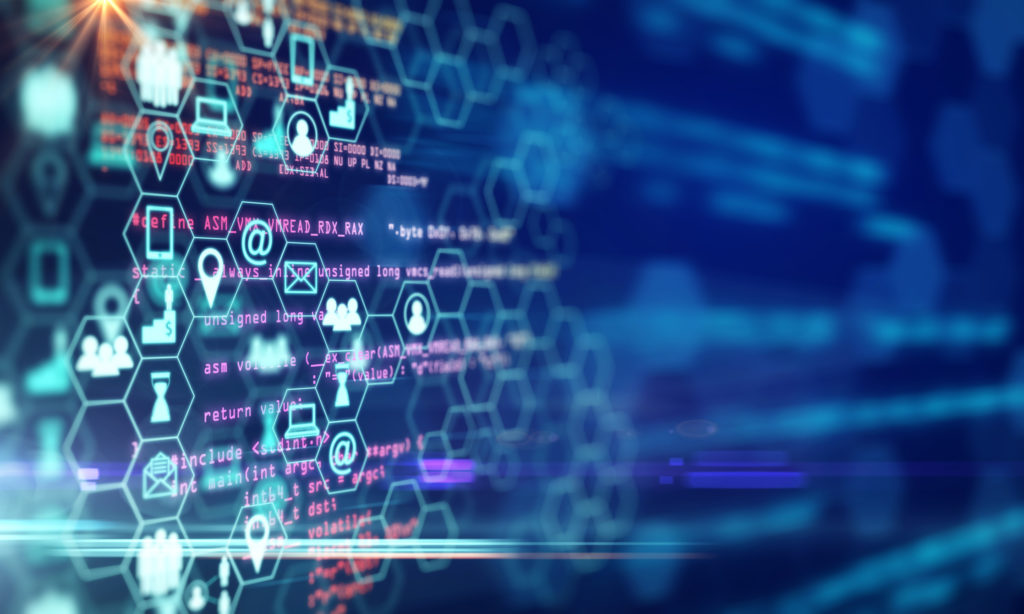March 18, 2020

There is a technology-driven transformation occurring in healthcare. Here are technologies, shared by Bertalan Mesko, P.h.D., in MarketWatch, that may have a huge impact.
Artificial Intelligence
“If we consider how AlphaGo, the AI developed by Google’s DeepMind lab, beat world champion Lee Sedol at the classic Chinese game Go by coming up with inventive moves that took experts by surprise, we can get a glimpse at what AI can hold for healthcare,” writes Dr. Mesko. “We can expect to see the same surprises in medical settings. Imagine new drugs designed by such algorithms; high-level analysis of tens of millions of studies for a diagnosis; or drug combinations nobody has thought of before. When applied to medicine, an algorithm trained via reinforcement learning could discover treatments and cures for conditions when human medical professionals could not.”
Health Sensors
“Made of flexible, waterproof materials impervious to stretching and twisting coupled with tiny electrodes, digital tattoos are able to record and transmit information about the wearer to smartphones or other connected devices,” Dr. Mesko writes. “While these are only in use in research projects, they could allow health-care experts to monitor and diagnose critical health conditions such as heart arrhythmia, heart activities of premature babies, sleep disorders and brain activities noninvasively.”
Other Articles to Explore
Quantum Computing
“What if such computers could offer perfect decision support for doctors? They could skim through all the studies at once, they could find correlations and causations that the human eye would never find, and they might stumble upon diagnoses or treatment options that doctors could have never figured out by themselves,” Dr. Mesko posits. “In addition, the applications of quantum computing to health care are manifold, ranging from much faster drug design to quicker and cheaper DNA sequencing and analysis to reinforced security over personal medical data.”
Chatbots
Dr. Mesko asks us to imagine having a chatbot that’s accessible through our smart device with additional health and lifestyle features: “This chatty virtual being can wake you up at the appropriate time based on your sleep pattern and advise you to take your antihistamines as the pollen concentration is particularly high during your commute that day, before you even get out of bed. It can even recommend what you should consume for each meal based on your nutrigenomic profile.”
5G
“5G networks will enable data to be downloaded at more than 1 gigabit per second, allowing for downloads 10 to 100 times faster than the currently available 4G services. 4G networks can only serve around a thousand devices within a square kilometer, while 5G can serve a million,” Dr. Mesko writes. “It will make the era of the Internet of Things (IoT) possible by connecting a huge amount of health trackers with laptops, smartphones and many more digital devices. There will be no connection issues or latency, as the trackers will be able to work in harmony while getting the most out of our data.”



























